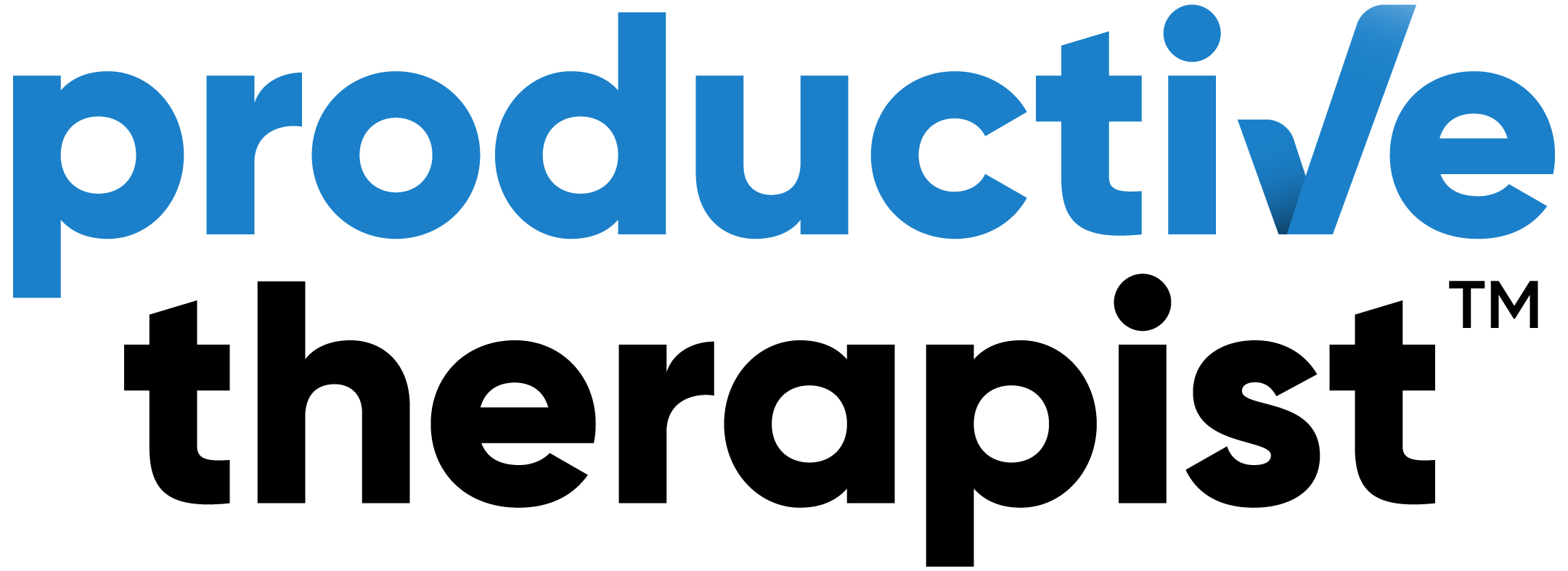by contributing author Nate Hendrikse of Navigator Bookkeeping
You’ve made the decision to offload the bookkeeping for your practice, or, maybe your bookkeeper is “fine” . . . but besides completing the monthly bookkeeping, isn’t providing much value.
Maybe it’s been you, the owner, doing the bookkeeping. Whether it’s been you, a family member, or a local or large firm, you’ve decided it’s time to shop around. But how can you filter out the right solution for your practice?
Here are 5 questions you should ask before choosing a new solution for your bookkeeping needs. All these questions should be answered easily by your potential bookkeeping ally. If they answer these appropriately, then you’ll want to tease out if they would be a good personality and culture fit too. You should feel comfortable asking questions of, working with, and speaking to your new team whenever needs arise.
1. “What’s your team like and who will I be working with?”
This question gets at the heart of what your working relationship will look like.
Will you be communicating with the same person for all needs? Or will you communicate with different people depending on the type of question you need answered? Will your point of contact change throughout your commitment? Will the person you’re dealing with during the sales process be the same person you meet with monthly to go over your numbers?
None of these solutions are right or wrong, but if you value continuity and ease of communication, you’ll probably be more confident reaching out if you have a single, main point of contact. Maybe that isn’t particularly important to you. Great! Regardless, make sure this new team has a plan to value you as a client instead of a number.
2. “Do you work with other private practices?”
This question determines whether you’ll be working with a generalist (a company or individual who works with different types of businesses) or a specialist (who works primarily with private practices).
You’ll always find more value in a niche-based bookkeeping solution. A company that works with other private practices will have specific knowledge relating to the mental health industry, industry benchmarks, and common problems and solutions.
Working with a specialist instead of a generalist will lead to fewer options and likely a higher fee, but exponentially more value when it comes to consulting and solutions for the problems you face.
3. “What deliverables will I receive each month?”
Deliverables can be wide-ranging, like consulting & meeting time, or as simple as financial statements sent to your email.
A more comprehensive list is below. You’ll want to look through this list and consider which of these deliverables would be necessary for the management of your practice and which ones you might like for additional growth or understanding benefits.
- General Financial Reports: This could include Profit & Loss, Balance Sheet, Statement of Cash Flow, etc. These should be sent to you regularly (monthly or quarterly)
- Specialized Financial Reports: May include more detailed reports covering spending in a certain area (eg office supplies or advertising), as well as comparable performance from month to month, year to year, or more.
- Customized Data/Spreadsheets: This may include profitability by clinician or location, specific industry benchmark reports, Key Performance Indicators (or KPIs), and cash flow over time
- Dashboards: This is similar to Customized Data, but would be shown in visuals, eg charts/graphs, to more clearly show performance and change
- Meeting Time: Consulting time where your bookkeeping firm shares insights and provides solutions, and allows time for you to ask questions as they come up. Be sure to ask how this meeting would be hosted (phone, Zoom, etc.) and how often this meeting happens (weekly, monthly, quarterly, etc.).
Every practice deserves to have some consulting and/or meeting time each month. Most practice owners don’t have the time to deeply analyze their finances, see where their practice is financially, or learn the financial story of their practice–This time is key to ensuring the financial health of the practice and ensuring continual growth and profitability.
At baseline, expect to receive monthly financial reports; however, when provided alongside comprehensive insights, reviews or even industry insights, your practice will achieve the highest value from this bookkeeping data.
4. “How quickly will the books be closed each month?”
This is the most straightforward question. What you’re asking with this question is “How up-to-date will my finances be?”
You’ve probably heard of practice owners not getting their financial statements until 1, 2, 3 or even 4 months after the month closes. That’s too late to use this data in a meaningful way.
It’s fair to expect your books to be closed 1-2 weeks after the month closes. For example, if you’re looking to see the financial reports from June, it’s safe to expect those reports by July 7-15 depending on the company you’re working with. If the company you’re checking out is giving you a longer timeline, this should be a red flag
5. “What are your fees? Does this match the value I’ll receive?”
As with most things, you get what you pay for in the bookkeeping field. You may be getting proposals from all different types of companies, with widely ranging fees.
The difference you pay your family member who knows their way around QuickBooks versus a highly professional agency with niche-specific knowledge could be hundreds or even thousands of dollars each month.
Usually these fees directly correlate with the deliverables a company provides, as well as their industry knowledge. If your generalist CPA or accounting firm is doing your bookkeeping, you may only pay a few hundred dollars a month, but you'll likely only receive basic bookkeeping. If you’re working with a highly knowledgeable, niche-specific firm, you may pay 2-4x more , but you'll likely receive ultra specific, actionable insights and solutions.
Consider what insights you need and how seriously you want to know the financial story of your practice. I advise you to avoid the budget, low cost solution. If you only get the bare-bones financial information each month, it’s unlikely you’ll have the personal time to delve into the numbers to learn where you can be growing, where you’re succeeding, and how to be planning for the future.
These 5 questions are a great starting point, but don’t forget how important it is to FEEL COMFORTABLE with your bookkeeping expert(s). You don’t need to be best friends, but ease of access is a true value. Make sure to make a choice that will maximize the value you receive each month, while paying a price that matches.

